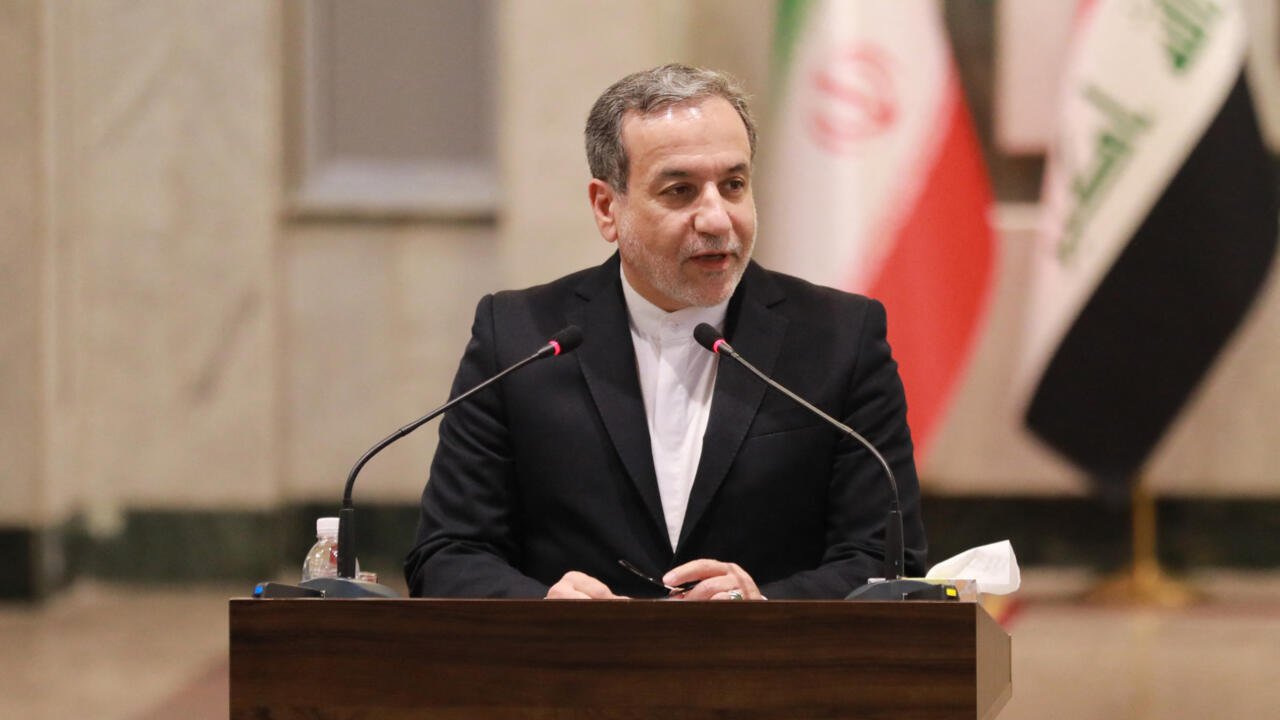Days after the US attack on Iran’s Nuclear sites and ensuing ceasefire, Iran says it is willing to resume nuclear talks with the US, but only if there is a guarantee that Tehran will not be attacked again by the US or allies.
Iran’s Foreign Minister Araghchi, who was also a lead negotiator in the Oman-mediated talks between the US and Iran, added Iran will also allow the IAEA to operate within the country but on a “case by case” basis.
Trump’s special envoy for Middle East, Steve Witkoff, who led the US delegation in earlier talks, also remarked that a meeting with Iran was expected within the week.
The US attacked three Iranian nuclear sites on June 22 after which Trump announced that the US had ‘obliterated’ Iran’s nuclear infrastructure.
In response to this attack, Iran fired missiles at the US airbase in Qatar. After this exchange, a ceasefire occurred between both countries in late June and is intact so far, despite both sides accusing each other of violations.
Read More: Iran-Israel Conflict 2025: Ceasefire Diplomacy, Global Involvement and Diplomatic Pathways to Peace
Iran is suspicious, weighing its options carefully and this time moving with extra caution as it regards US attacks as ‘betrayal of diplomacy’ since the negotiations between both countries were underway when attacks occurred.
For this reason, following the attacks, Iran announced the suspension of its cooperation with the UN nuclear watchdog IAEA.
However, Iran’s Foreign Minister says that the collaboration with IAEA is not stopped and under Iranian law, the country will answer the agency’s request for cooperation on a case by case basis, based on Iran’s interests.
Moreover, Araghchi stressed that any new nuclear deal must uphold Iran’s right under non Non-Proliferation Treaty (NPT) to enrich uranium for peaceful purposes.



